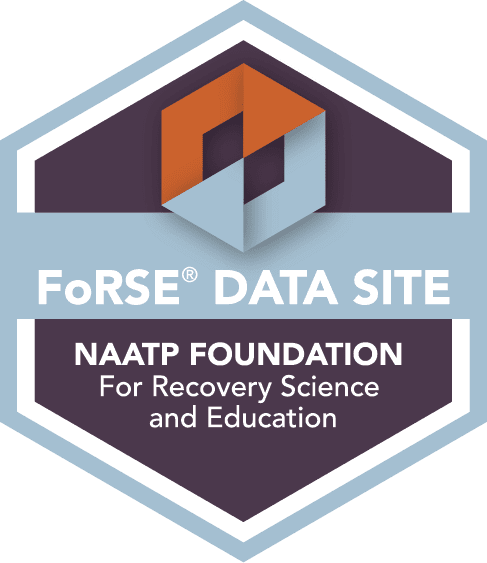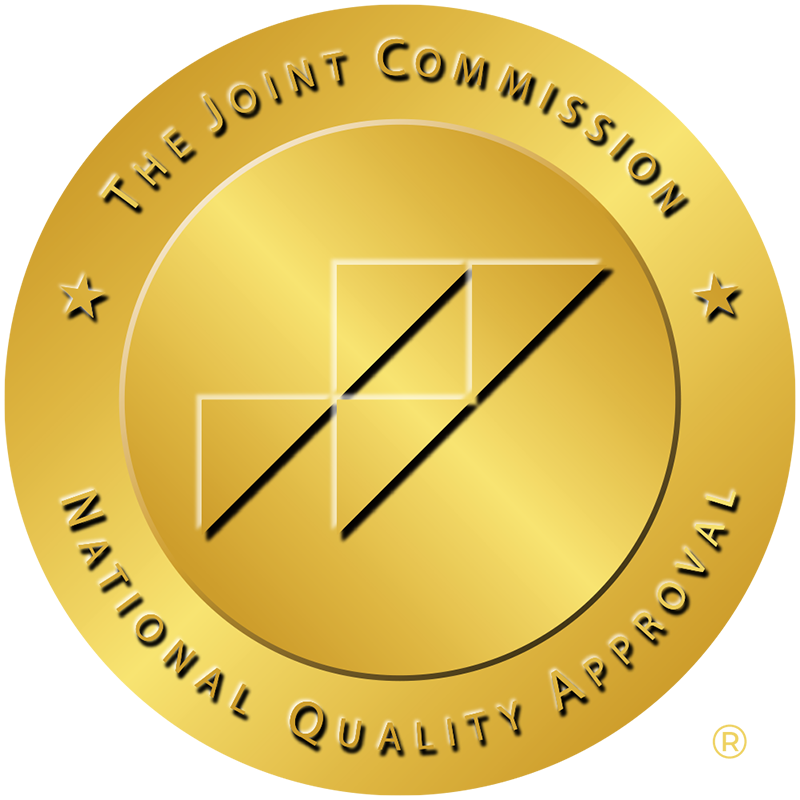Personality Disorders

Intense emotions, unstable relationships, and identity struggles typify many personality disorders, but change is possible. Our evidence-based program treats personality disorders—including BPD and NPD—through DBT, CBT, and attachment work that nurture emotional regulation and healthier relationships.
What are Personality Disorders?
Personality disorders are a group of mental health conditions characterized by enduring patterns of thought, behavior, and inner experience that deviate significantly from societal expectations. These patterns typically lead to distress or impairment in social, occupational, or other areas of functioning. Several examples of personality disorders include borderline personality disorder (BPD), antisocial personality disorder (ASPD), narcissistic personality disorder (NPD), schizoid personality disorder (SPD), schizotypal personality disorder (STPD), and dependent personality disorder (DPD).
How is treatment tailored?
Treatment for personality disorders at Foundation House often involves long-term therapeutic interventions, as well as support for individuals to develop coping skills and improve their interpersonal relationships.
Common approaches used at Foundation House to address personality disorders are dialectical-behavior therapy (DBT), cognitive-behavioral therapy (CBT), schema-focused therapy, group therapy, social skills training, mindfulness-based therapies, supportive therapies, attachment-based work, psychoeducation, and at times, medication.
It is crucial to note that the specific treatment approach used at Foundation House varies based on the type and severity of the personality disorder, as well as individual preferences and needs. Treatment often requires a collaborative and multidisciplinary approach. Additionally, consistent and long-term therapeutic support is often necessary for individuals with personality disorders.
The Foundation House approach to treating personality disorders:
Dialectical Behavior Therapy (DBT)
DBT is a comprehensive and evidence-based form of psychotherapy that was initially developed to treat individuals with borderline personality disorder (BPD). However, it has since been adapted for use in various mental health conditions and personality disorders characterized by emotional dysregulation and difficulties in interpersonal relationships. DBT integrates cognitive-behavioral therapy (CBT) techniques with elements of acceptance and mindfulness practices. It is structured around the concept of dialectics, which refers to the fusion of opposing ideas or viewpoints. In DBT, the primary dialectic is the balance between acceptance and change. This treatment at Foundation House focuses on helping individuals build a life worth living while accepting themselves and their current circumstances.
Cognitive-Behavioral Therapy (CBT)
CBT is a widely used and evidence-based form of psychotherapy that focuses on the connection between thoughts, feelings, and behaviors. It is a goal-oriented therapeutic approach designed to help individuals identify and change patterns of thinking and behavior that contribute to their difficulties or distress. CBT is rooted in the idea that our thoughts, feelings, and behaviors are interconnected and that changing negative thought patterns can lead to changes in emotional well-being and behavior. CBT is used at Foundation House in both group and individual therapeutic settings.
Attachment-Based Work
Attachment-based work refers to therapeutic approaches and interventions that focus on understanding and addressing attachment patterns and dynamics, particularly in the context of relationships. Foundation House uses attachment-based work as a framework for understanding the impact of early relationships and attachments on an individual’s emotional and relational well-being throughout life. The goal is to explore and enhance the quality of attachment relationships, promoting healthier and more secure connections between individuals. Attachment-based work is interwoven into our conversations, groups, activities, and individual therapy sessions to reinforce these connections.

“Lorem ipsum dolor sit amet, consectetur adipiscing elit, sed do eiusmod tempor incididunt ut labore et dolore magna aliqua. Ut enim ad minim veniam, quis nostrud exercitation ullamco laboris nisi.”
— Testimonial 1
Long-term stability and self-acceptance begin with specialized support. Foundation House’s comprehensive personality-disorder track guides men toward balanced, authentic living. Reach out now to take the first step toward meaningful change.





